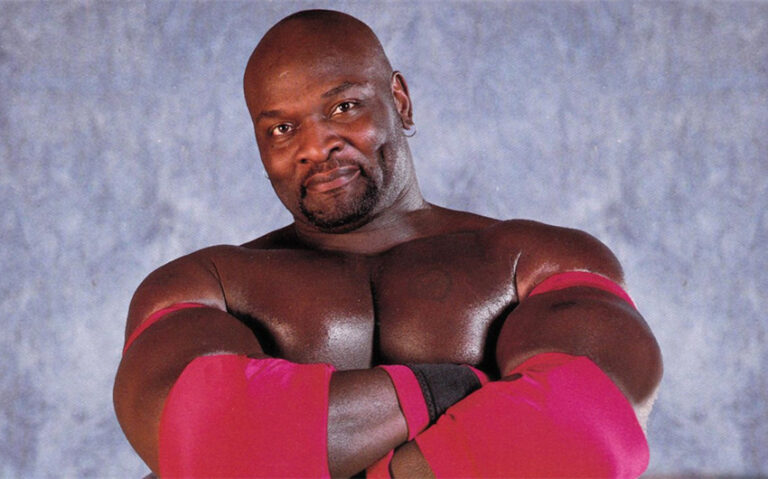Mindfulness for Poker Decision-Making
It’s hard to miss, a wave of poker research seems to be nudging players toward mental conditioning. Lately, the word “mindfulness” pops up more and more, tossed around by both pros and folks grinding micro-stakes. Some define it as tuning in (really tuning in) to the present moment, not judging yourself, just seeing what’s happening; not easy, especially with money on the line. Maybe it’s become clear that, for anyone sitting in those digital arenas, keeping steady while your pulse is up actually shifts your long-term play, at least that’s what a lot of the recent studies suggest.
There’s a bit of evidence, in 2023 at least, that weaving mindfulness into your prep lowers mistakes and helps people avoid going on tilt, even more than just “thinking harder.” It’s possible the benefits go beyond simple play: some folks talk about enjoying the game more, finding longer sessions less draining, feeling sharper.
How Mindfulness Enhances Poker Decisions
The way mindfulness nudges players to handle those make-or-break moments at the table, it’s subtle. For one thing, it can ease anxiety; when the heart’s a bit steadier, information seems, I don’t know, clearer somehow, even if nerves never disappear completely. According to some reports, players who integrate short mindfulness exercises show a 25% decrease in impulsive moves during online Poker sessions. With better focus comes the ability, so they say, to spot patterns faster and juggle odds without freezing up. Maybe that’s why several sources from 2022 point toward fewer emotional outbursts when the pot gets big.
Brainscans seem to hint at something happening “under the hood” too. Mindful practice, at least in some small studies, may light up brain areas that matter for sustained focus, maybe curbing scatterbrained errors. Pulling from some poker analysis reports, there’s a sense that if you sit with regular practice, you might find tilt a bit less consuming, and, possibly, your patience grows. Is it foolproof armor against every bad beat? Far from it. But generally, these moments of pause seem to lay groundwork for calmer, more sensible decisions, if only more often than not.
Core Principles for the Table
For most, the idea of paying attention, really, single-mindedly, to just the current hand comes up again and again. Instead of darting back to last hand’s blunder or dreaming up your exit, staying rooted in moment-by-moment action… that might offer a small but noticeable leg up. Observing the board, stack depths, subtle cues from opponents, sure, it’s old advice, but mindfulness reframes it as engaging rather than just watching. At least, that’s the pitch from experts, who push for tuning in to everything: chip towers, nervous tapping, the whole sequence of bets.
But there’s another layer some skip: the art of watching thoughts without passing judgment. Instead of slapping a big label (failure, unlucky, whatever) on every mistake, players try to catch the sting of frustration, call it what it is, and, well, ideally, don’t act rashly. Saying to yourself, “I’m feeling agitated because of a recent loss,” for instance; it sounds almost too simple, but this type of moment seems to loosen the grip of self-blame and keep spirals in check.
Practical Techniques at the Table
If you’re after hands-on stuff, there’s a decent menu to try. The popular 4-4-4 breathing (in for four, hold four, out four) gets mentioned a lot; apparently, slipping this between hands can give players a way to reset when things get wobbly. Industry reports that players practicing this exercise between sessions see a 14% drop in error rates linked to haste or frustration.
Some, like Fedor Holz, tweak this further, he’s known for stacking up to the 4-7-8 style, especially if the adrenaline’s peaking: four-inhale, hold for seven, out for eight. Quite a few regulars claim it takes the edge off, particularly across those marathon tournaments. And pre-game meditation? Even a few quiet minutes before logging in seems to help some folks put away the baggage of last session, center their focus, or recite a short mantra (“calm and focused” comes up often).
Integration with Strategic Skills
Maybe this won’t surprise anyone, but mindfulness appears to work best as an add-on to the technical stuff, not a replacement. For something like bankroll management, moments of awareness might serve as speed bumps before players cross their own lines, reining in that urge to chase and “get even.” Some data suggest a link between regular mindfulness and better sizing choices, which is interesting if you’re thinking about long-game stability.
Breaking down hands or weighing GTO concepts, mindfulness shows up less as a trick than as a mindset. Instead of rushing into a snap call or a questionable bluff, some players report taking a second, literally a second, to process, then act. This seems to gel with top-level advice: keep cool, don’t announce your tilt by making obvious moves, and maybe, just maybe, you’ll avoid giving your edge away with a single rash click. The point isn’t perfection; it’s, perhaps, stacking a few more rational moves when pressure is on.
Responsible Gambling and Mental Health
Here’s the thing: mindfulness isn’t just another approach. At its core, it can serve as a buffer, a kind of self-check, for anyone teetering on the edge of unhealthy gambling habits. Online tables in particular can easily become a blur; without boundaries, it gets messy, fast. Mindfulness, at least in how it’s been described, might help ring the alarm bells when fatigue creeps in or you lose track of time and stakes.
By paying attention, it gets easier (not easy, but easier) to step away before it spirals. Most would agree, keeping the experience positive is about balance: knowing your limits, clocking your feelings, walking away if things get rocky, or asking for support. Ultimately, keeping play in check might have less to do with tips or strategies and more to do with how well you listen to yourself while the cards are flying.







